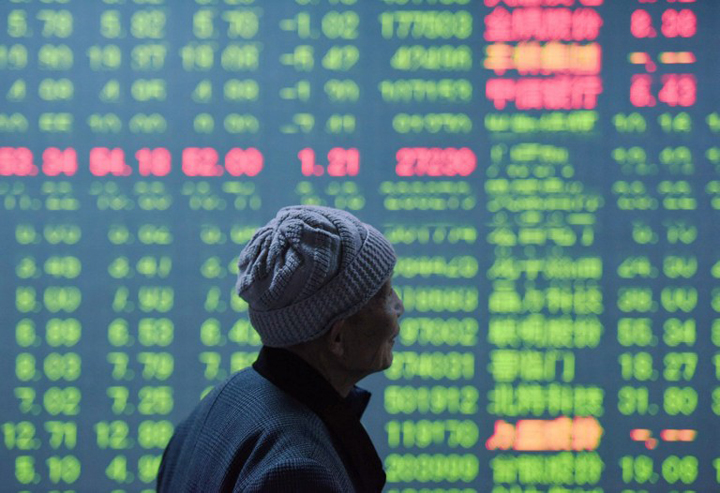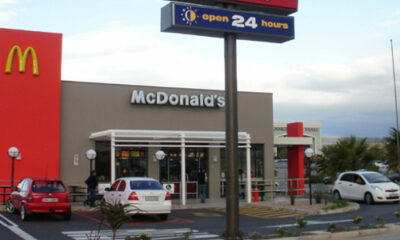By Craig Erlam, Senior Market Analyst, UK & EMEA, OANDA
Equity markets came under heavy pressure into the close in Europe on Tuesday, as the Ukraine invasion continued and the price of oil soared.
The invasion of Ukraine by Russian forces is continuing to intensify despite talks yesterday between delegations from both sides on the border with Belarus. Further talks are expected to take place this week but that’s not slowing the assault on Kyiv, to the horror of most countries around the world.
The sanctions that have been announced so far will be devastating for the Russian economy and more are going to follow. Efforts to isolate Russia are being compounded by actions from Western firms looking to sever ties, under immense political pressure. Life is about to get much harder for Putin’s Russia.
PMIs overshadowed by events in the East
There’s been a wide array of PMI data from around the world today which, as you can imagine, hasn’t attracted the kind of attention it normally would. While much of the data looks quite promising, it doesn’t take into account recent events, and being revised data, was largely priced in already. Like much of the economic data this week, it was never likely to have any kind of significant impact on the markets, with the focus very much on what’s happening in Ukraine.
Oil soars as sanctions bite and the conflict intensifies
Oil prices are surging once more as the conflict in Ukraine intensifies, the West continues to impose severe sanctions and companies turn their backs on what is becoming an increasingly isolated Russia. We’re starting to see what impact these sanctions could have on Russian oil exports and the challenges they pose and that’s driving the price higher.
The oil rally has seriously accelerated today, breezing past $100 and gathering momentum along the way. That’s despite the US once again leading discussions around a coordinated release of oil reserves of around 60-70 million barrels, which is clearly doing little to calm the nerves. We saw an underwhelmed reaction when this happened in November as well and that was before Russia invaded Ukraine.
Safe-haven gold continues to move higher
Gold is rallying once again in risk-averse trade as Russia’s assault on Ukraine intensifies. Sentiment in the markets has been deteriorating throughout the session and the price of gold is rising alongside that. It also comes as the price of oil has soared again today, adding to the inflationary pressures being experienced around the world.
The safe haven and inflation hedge appeal is driving plenty of support for the gold price and it’s now back above $1,930 and could have its sights set on $1,950 in the near-term. Beyond this, $2,000 suddenly looks very achievable again as nothing we’re seeing in Ukraine, or in negotiations at the border, give the impression that the end is in sight, sadly.
Bitcoin gathering bullish momentum
Bitcoin is continuing to perform well in the aftermath of the new sanctions on Russia, with the impression being that the imposition of them could lead to increased appeal of cryptocurrencies. Not to mention the reports we’ve seen recently of vast crypto donations to Ukraine to support their efforts. It would appear the link with risk assets has broken for now and bitcoin is following its own path. It’s broken $40,000 and $45,500 may not be too far away.

 Naira4 weeks ago
Naira4 weeks ago
 News3 weeks ago
News3 weeks ago
 Education4 weeks ago
Education4 weeks ago
 Social Media4 weeks ago
Social Media4 weeks ago
 Technology4 weeks ago
Technology4 weeks ago
 Investment4 weeks ago
Investment4 weeks ago
 Dividends4 weeks ago
Dividends4 weeks ago
 Economy4 weeks ago
Economy4 weeks ago



























